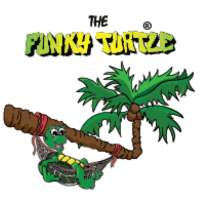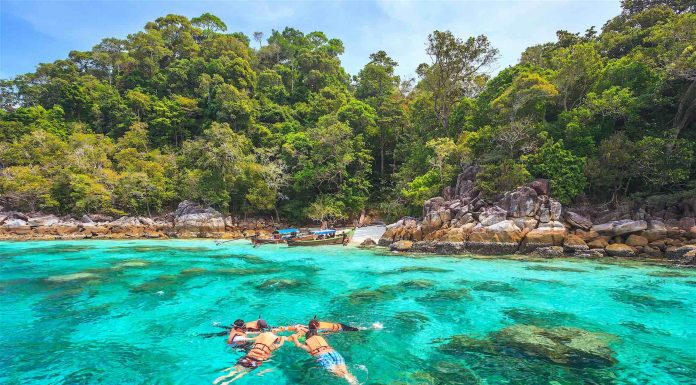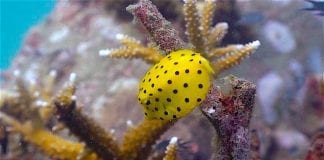Coral Restoration and Coral Reefs
Coral reefs are an underwater ecosystem formed of colonies of coral polyps (very small, soft-body organisms) and held together by a protective, limestone skeleton.
They are created when a polyp attaches itself to a rock, or to the sea bed and then divides itself into thousands of clones.
They first appeared as far back as 485 million years ago and are often affectionately named the rainforests of the sea.
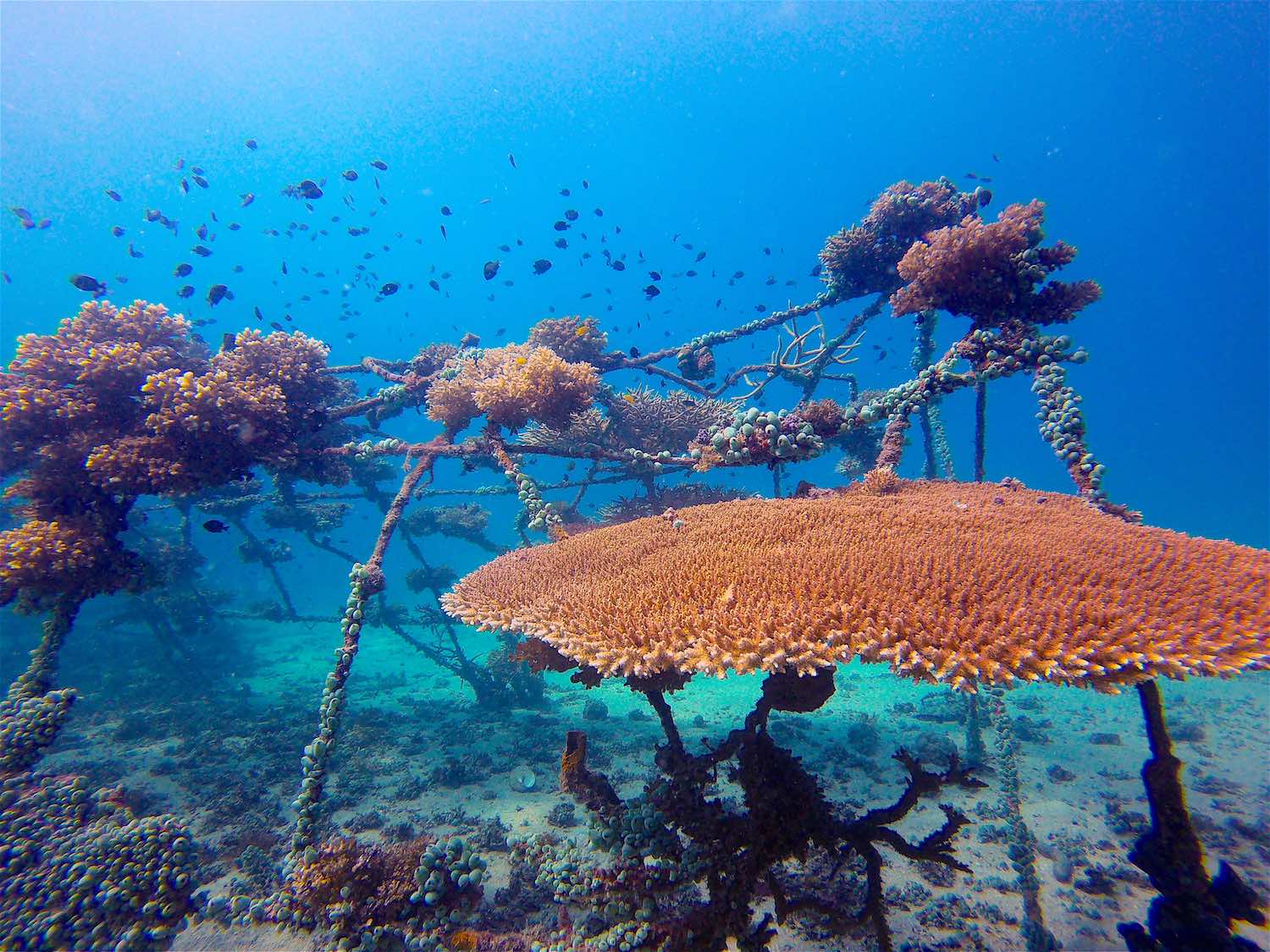
Diverse Ecosystems
Most coral reefs grow best in warm, shallow water and are most commonly found in tropical waters around the world.
They form some of most diverse ecosystems on Earth and provide a home for many marine species, including fish, molluscs, worms, crustaceans, echinoderms and sponges.
Coral reefs are fragile and very sensitive to water conditions but flourish in ocean waters that provide few nutrients.
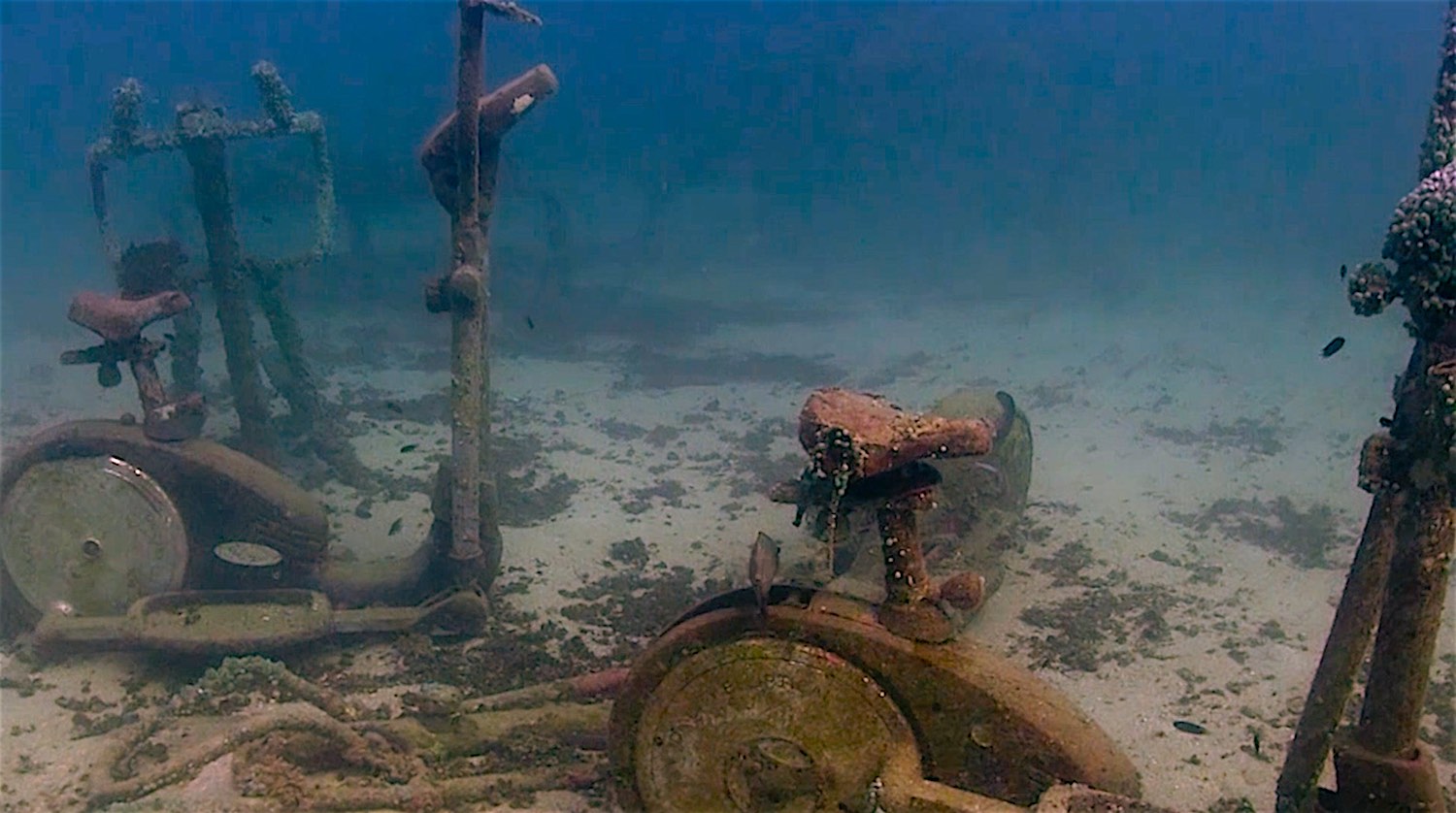
Coral Reefs have a vital role to play
Coral Reefs have many necessary functions and play a very important role within our marine environment.
These underwater cities provide shelter for a number of marine species and also help with nutrient recycling, which is why a large number of marine animals choose to live amongst the reefs in the first place.
Marine Food Chains
They provide essential nutrients, are the source of nitrogen and assist in carbon fixing which is essential to marine food chains.
Corals are a huge tourist attraction in many countries all over the world as visitor’s swim, scuba dive and snorkel to witness the amazing beauty of the underwater world.
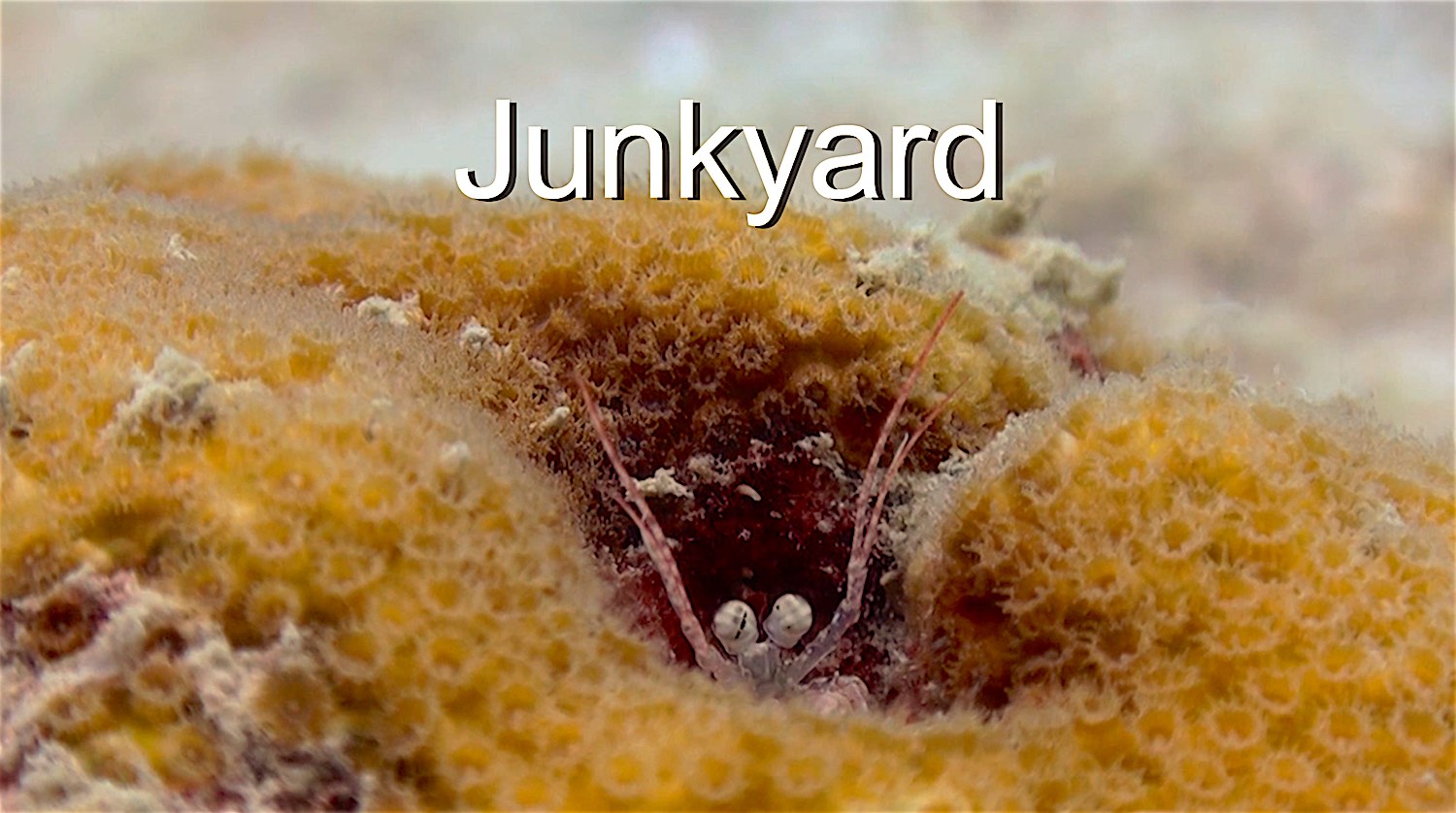
Coral Reefs are under threat
It is important to understand that coral reefs are formed by using the dissolved carbon dioxide in the ocean and by converting this gas to limestone, therefore corals are able to control the carbon dioxide levels in the ocean.
This is essential to all wildlife and of course, humans, otherwise we would all be adversely affected by a higher carbon dioxide level.
In modern medicine, coral reefs provide necessary ingredients for many life-saving human drugs. Without the reefs, humans would not be provided with such drugs and would face greater risks to survival.
They also help to preserve shorelines by creating a barrier against the powerful currents of the ocean.
When waves descend upon the shoreline, they strike the reefs first which then redirects and redistributes the water, forcing it to slow down in different directions.
Tropical storms most definitely affect beaches and shorelines so without reefs, these could erode and deteriorate much more easily, laying waste to whole communities that live along the shoreline.
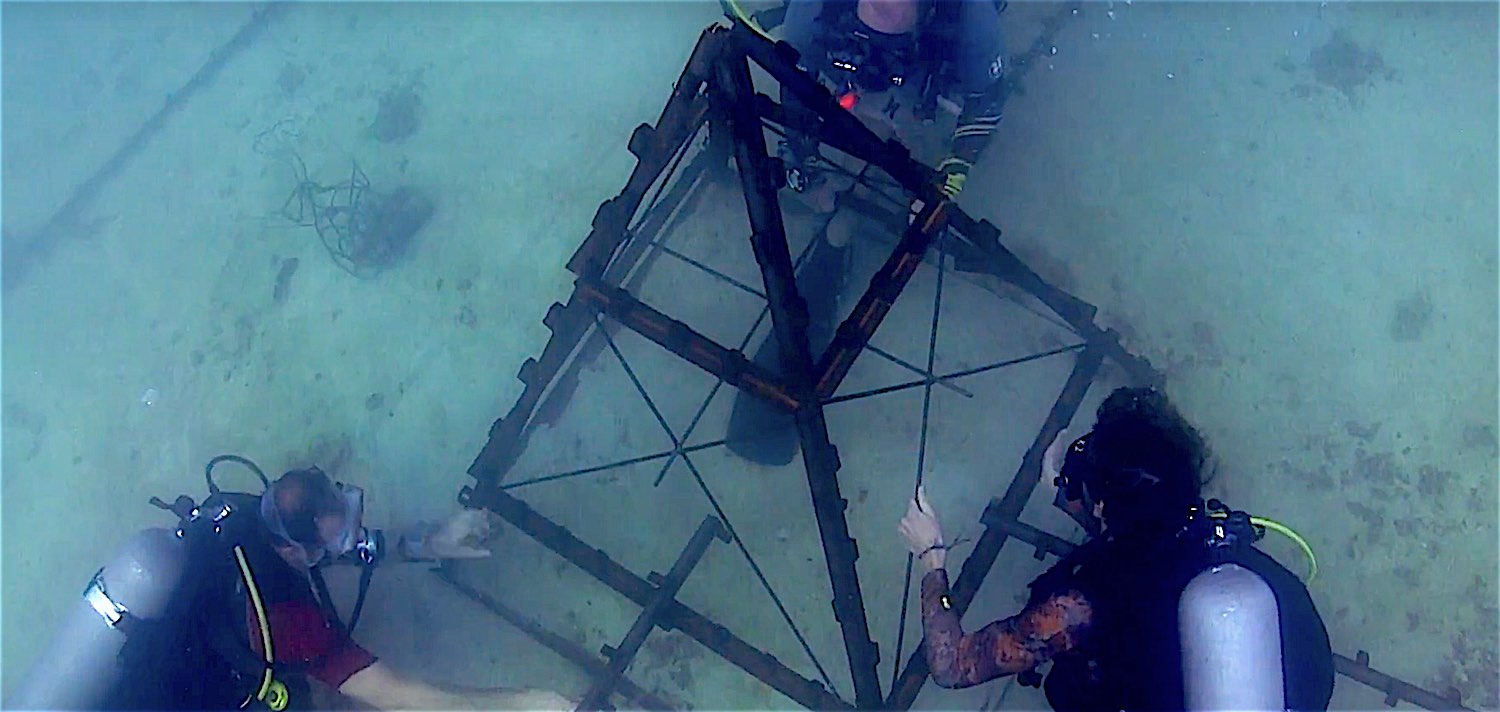
Rising Temperatures
Unfortunately, coral reefs are under great threat from various global stresses such as rising temperatures due to climate change.
Additionally, harmful human land based activities creating pollution, overfishing, disease, increased invasive species (including humans, inexperienced divers touching and removing coral) geological hazards and excess nutrients.
Coral growth patterns have changed over time due to these threats and other elemental factors that makes the study and education of coral reefs so important.
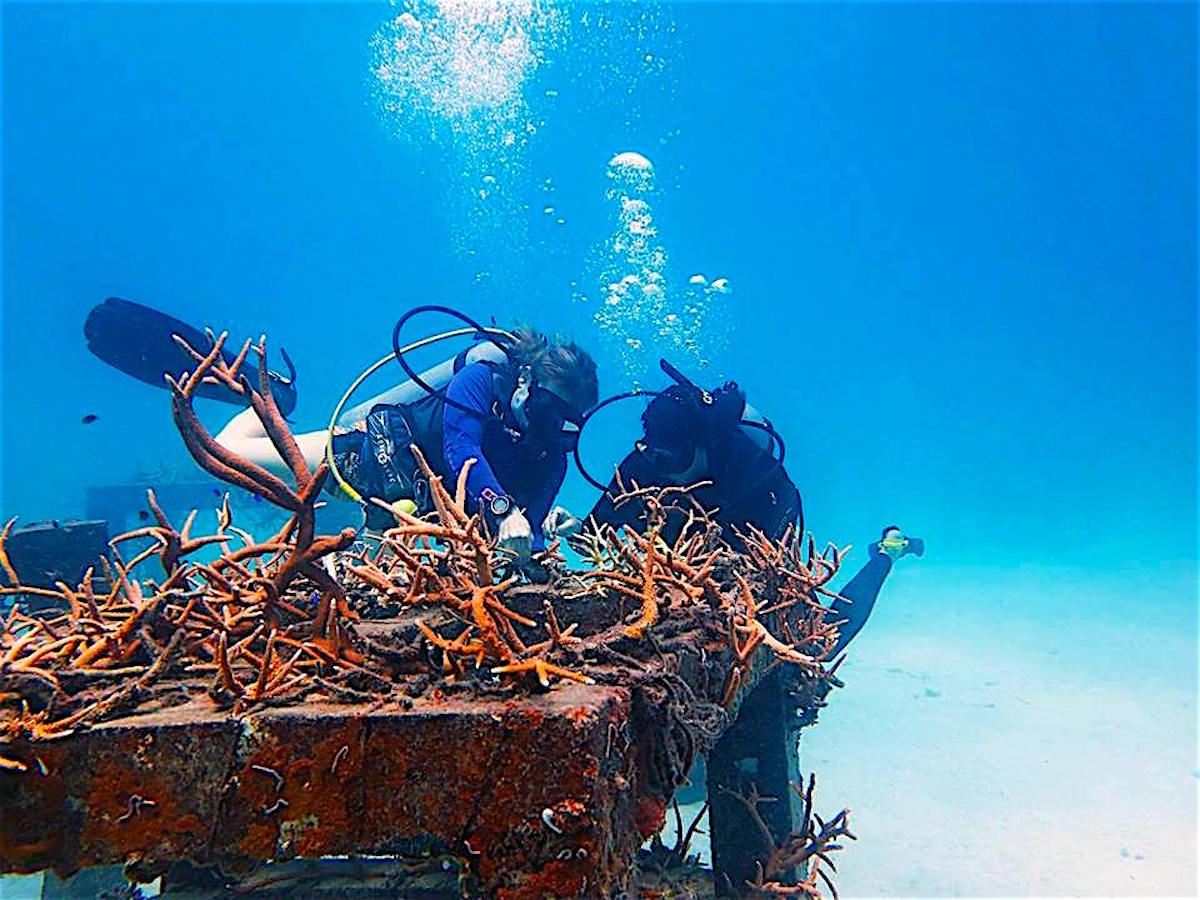
Types of Coral Restoration Initiatives
Generally speaking, there are two main types of coral restoration, the first being Active Restoration and the second, Passive Restoration.
Passive refers to ceasing environmental stressors, introducing marine protected areas and halting all disturbances that omit threats to the coral reefs.
Active refers to projects that compose of direct management techniques such as securing broken corals by using strong and long lasting materials to help restore them back to full health.
Artificial Structures
Many damaged reefs can take years, even decades to recover with most never doing so on their own without a solid structure to attach themselves to.
In areas that have been reduced to sand or where the reef is lost due to various disturbances, structural restoration is necessary.
One way of improving coral reef health and helping it thrive, is to construct artificial reefs in areas where the physical conditions can be monitored.
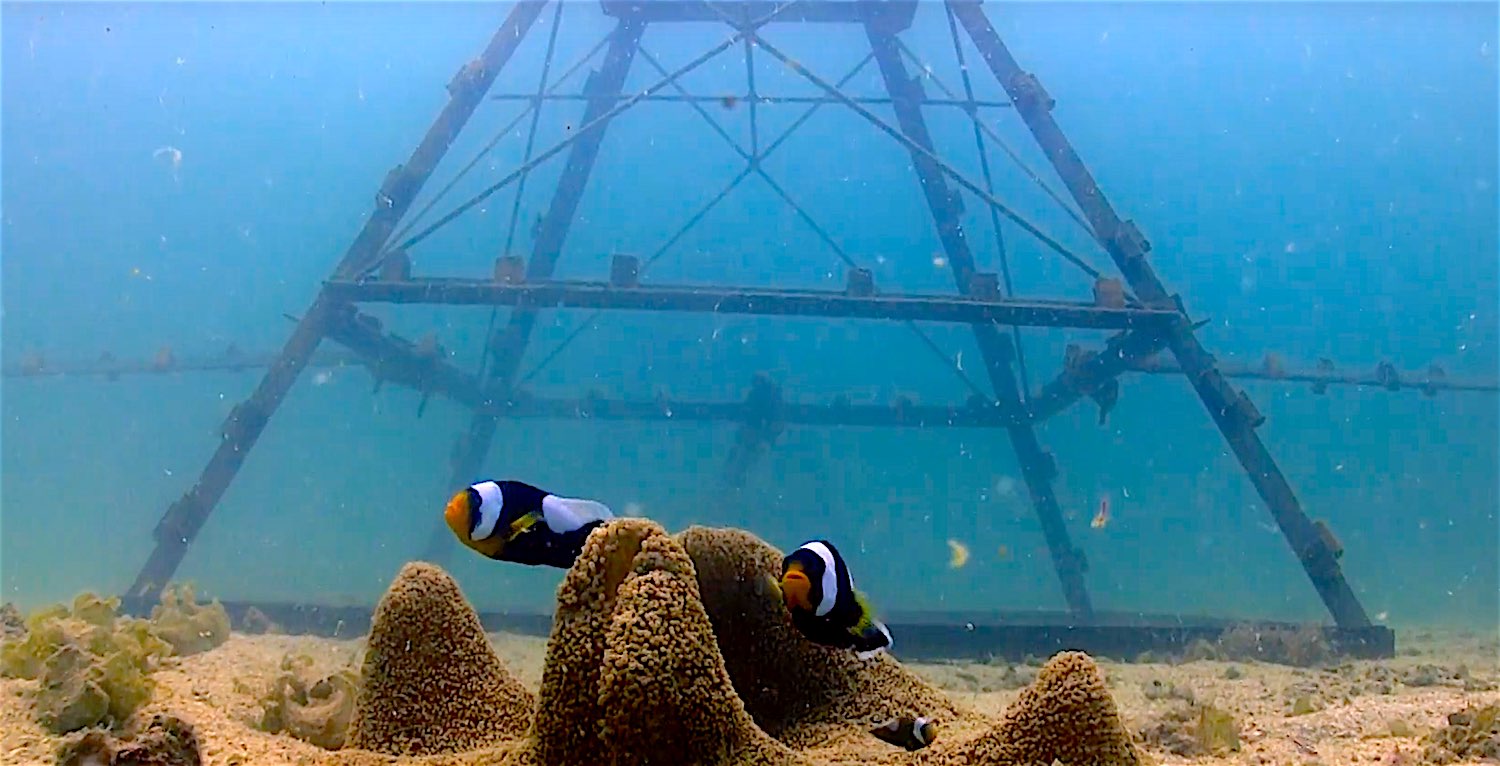
Koh Tao Coral Restoration Projects
On Koh Tao, artificial reefs have been an integral part of successful reef restoration projects over many years.
Great examples of this ongoing work are Junkyard Reef, Biorock, Buoyancy World and the HTMS Sattakut (an old Navy ship donated by the Thai Navy).
These dive sites provide us with great diver training sites and enable us to take the pressure off the natural dive sites located around Koh Tao.
Around the island, coral nurseries are carefully managed and monitored to assist with research, data and to alleviate the pressure of other local dive sites.
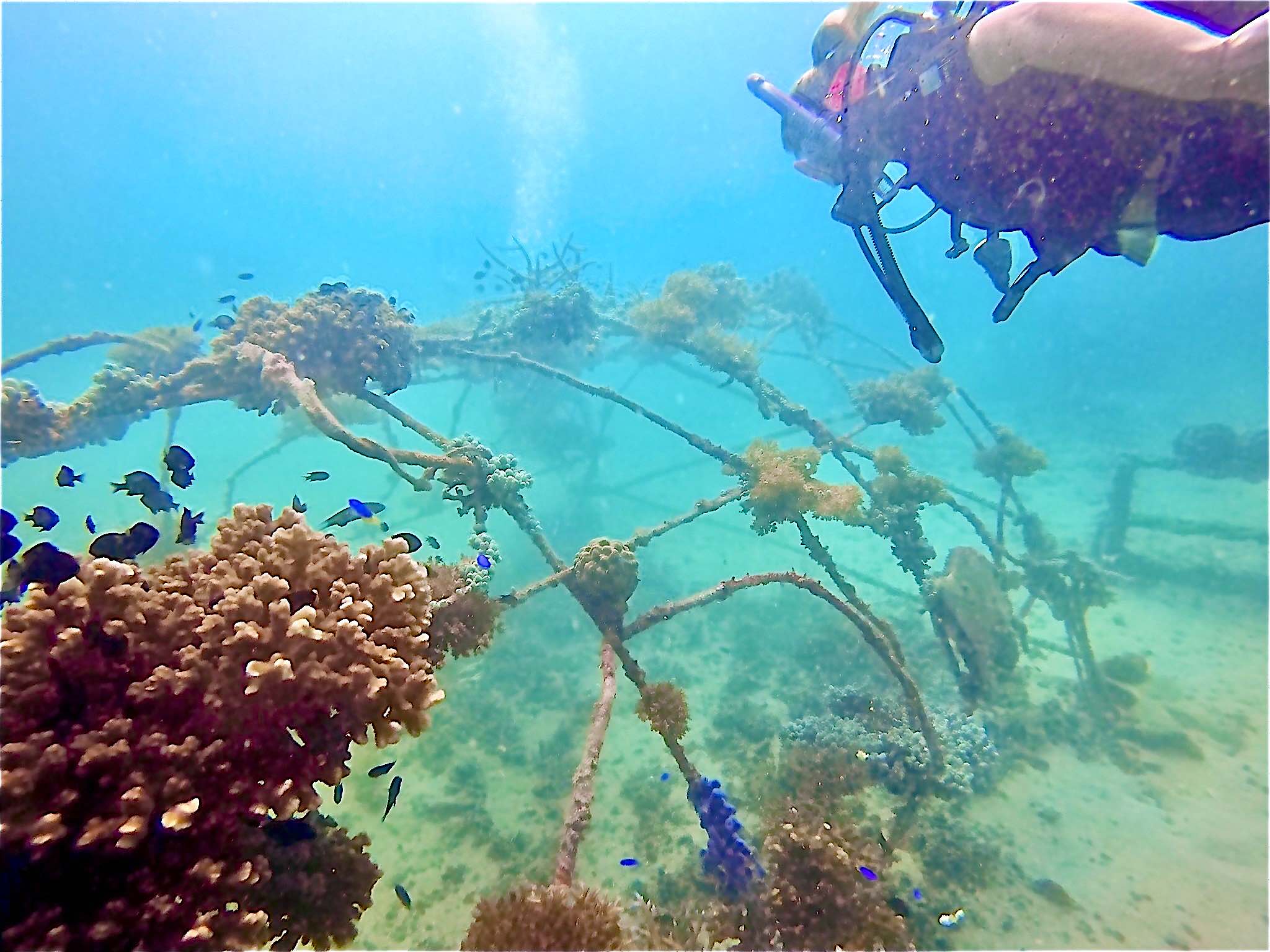
Coral Nurseries
Hopefully, these artificial reefs will continue to increase the coral reef and marine population as well as provide a safe space for rehabilitation.
All scientific research data that is carried out and collected, will also hopefully continue to help document and understand trends in coral reef health.
In order to protect coral reefs worldwide, preservation is necessary and education is needed.
For more information about any of the coral restoration projects around Koh Tao, you can contact us.
